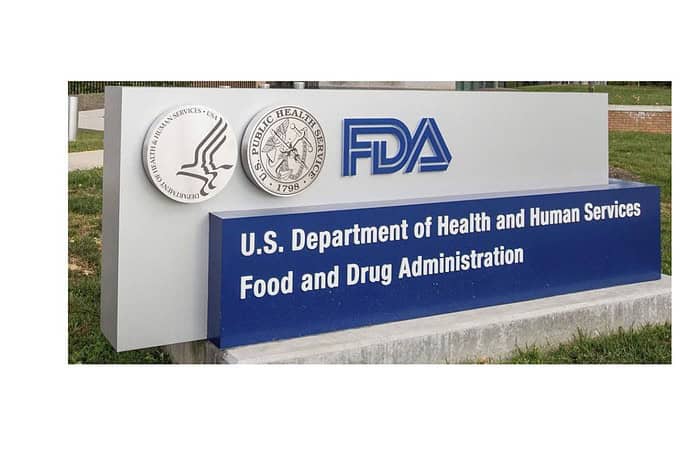Last Updated on December 21, 2024 by The Health Master
Data integrity
The US Food and Drug Administration (USFDA) is intensifying its scrutiny of drug manufacturers, with a particular focus on data integrity, transparency, and quality control issues.
According to Yasamin Ameri, a compliance officer at the USFDA’s Center for Drug Evaluation and Research (CDER), these shortcomings are the most common red flags identified during inspections.
Ameri, speaking at the Orange County Regulatory Affairs Discussion Group annual conference, emphasized the prevalence of data integrity violations.
“Data integrity is the number one problem our investigators find in the field,” she stated, adding that these issues are consistently cited in warning letters.
Surge in Warning Letters for Manufacturing Deficiencies
CDER has issued a significant number of current Good Manufacturing Practice (CGMP) warning letters in 2024, with a majority targeting over-the-counter (OTC) drugs.
While the distribution of these violations is global, the USFDA is paying close attention to high-risk drug formulations such as eye drops, ear drops, and nose drops.
Common Manufacturing Deficiencies
The USFDA has identified several recurring issues plaguing drug manufacturers:
- Data Integrity Breaches: This includes falsified data, missing records, and inadequate data management systems.
- Inadequate Controls: Problems with aseptic manufacturing, contamination prevention, and quality control procedures are common.
- Out-of-Specification (OOS) Investigations: Many companies fail to conduct thorough investigations into OOS results, hindering root cause analysis and corrective actions.
- API Manufacturing Challenges: API manufacturers face similar issues as drug manufacturers, with additional concerns around transfer of information, cleaning validation, and process validation.
Implications for Drug Safety
These manufacturing deficiencies pose significant risks to public health.
Inaccurate or incomplete data can lead to the production of subpar drugs, increasing the potential for adverse events.
The USFDA’s crackdown on these issues is crucial for ensuring drug safety and efficacy.
Key Takeaways for Drug Manufacturers
To avoid regulatory scrutiny and protect public health, drug manufacturers should:
- Prioritize Data Integrity: Implement robust data management systems and adhere to strict recordkeeping practices.
- Strengthen Quality Control: Invest in advanced manufacturing technologies and employee training to enhance quality control processes.
- Conduct Thorough OOS Investigations: Establish clear procedures for investigating OOS results and taking corrective action.
- Stay Updated on Regulatory Requirements: Keep abreast of USFDA regulations and industry best practices.
By addressing these critical areas, drug manufacturers can improve product quality, reduce the risk of regulatory action, and build trust with patients and healthcare providers.
Disclaimer: This article contains information derived from the source mentioned below. Our team utilized an AI language model to rewrite and present the news or article in a unique format.
USFDA issues OAI Classification to Aurobindo Pharma Bhiwadi Facility
Indian Pharma industry urges NPPA for stable drug pricing policy
IPHEX 2024: Your Gateway to Indian Pharma Market
Indian Govt implements Pharma PLI scheme worth Rs 15,000 Cr
USFDA issues Form 483 with 3 observations to Gland Pharma
Imports of Bulk Drugs from China grew 8.8 %
CDSCO approval granted for Beyfortus in India
Human Error: The Silent Killer of the Indian Pharma Industry








